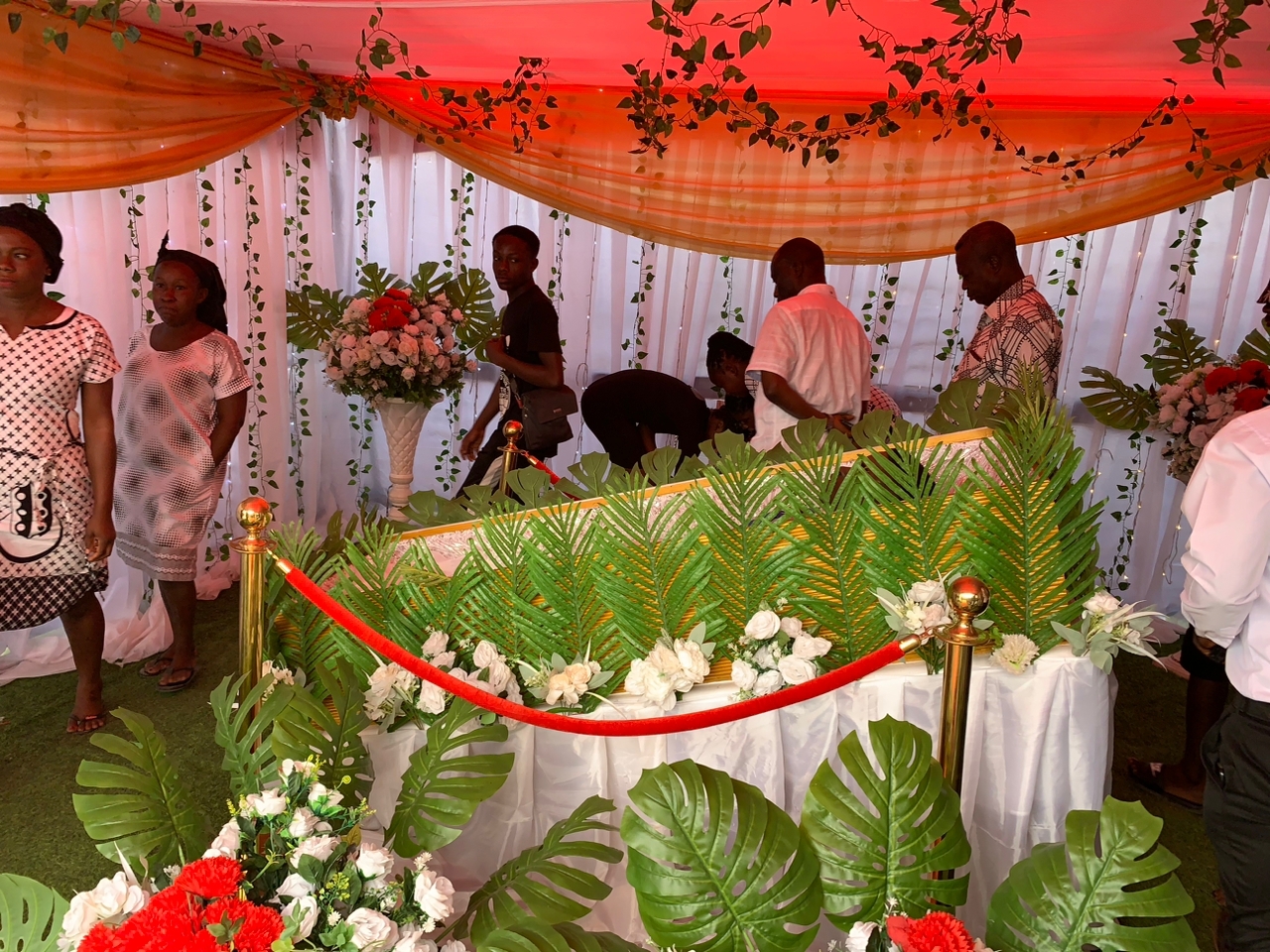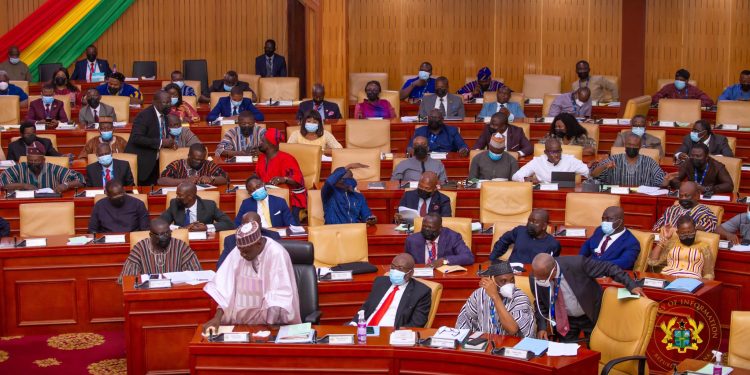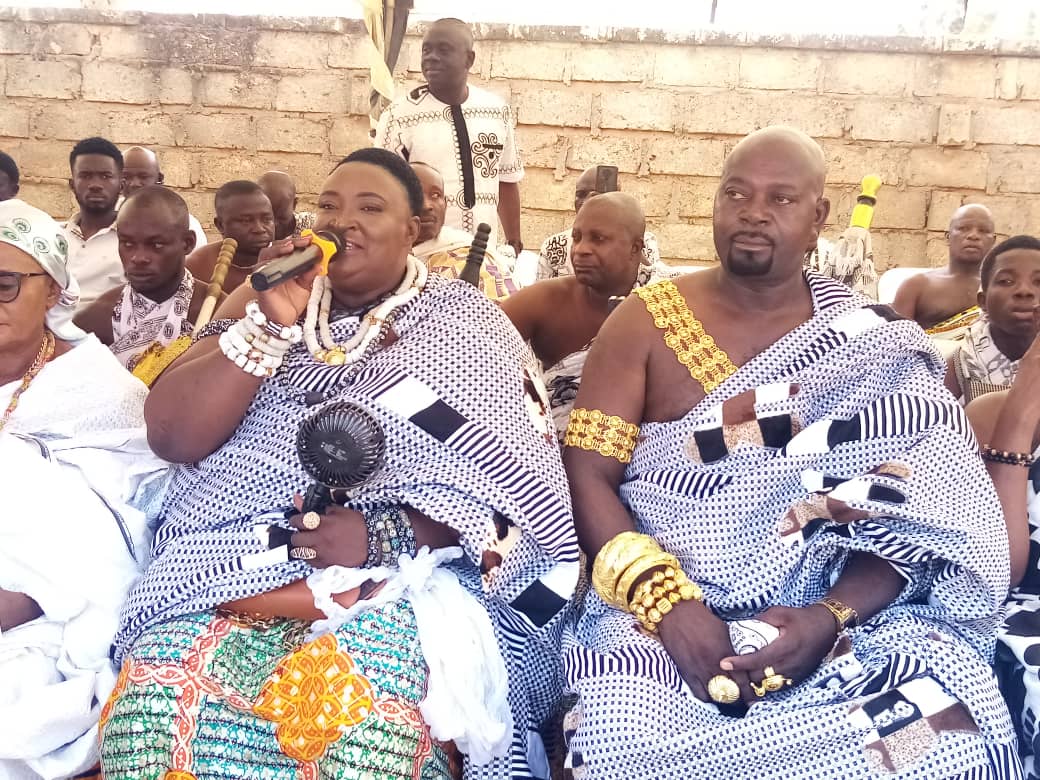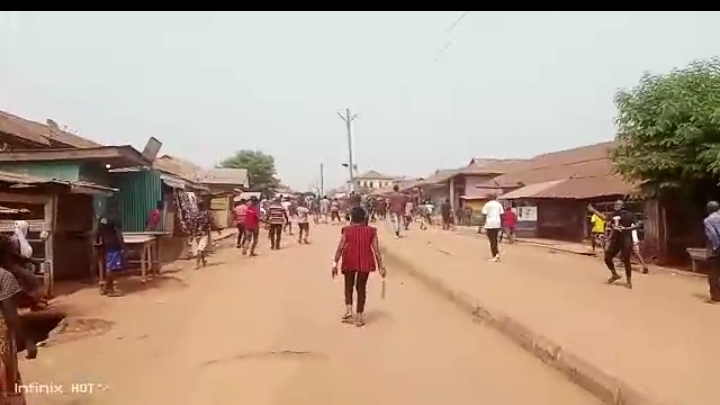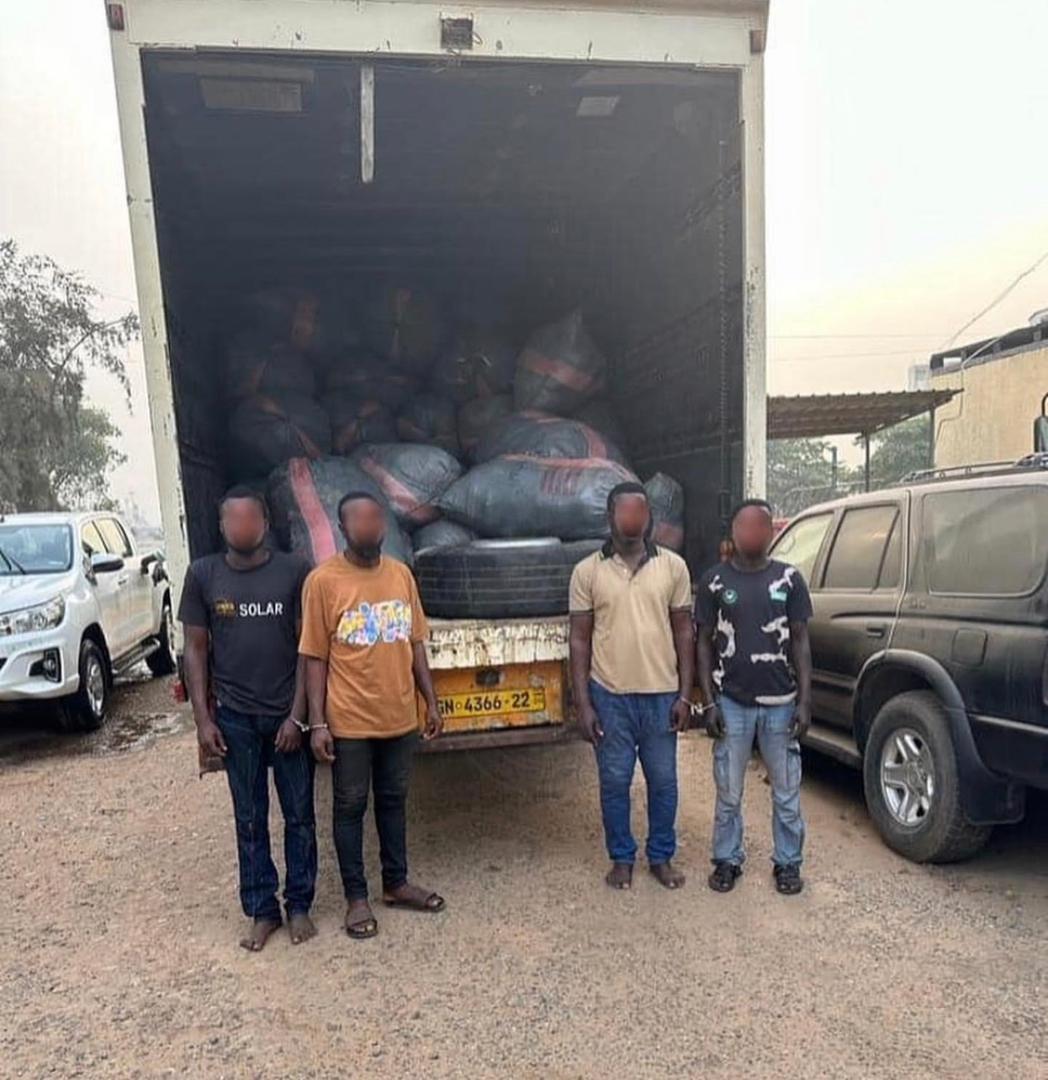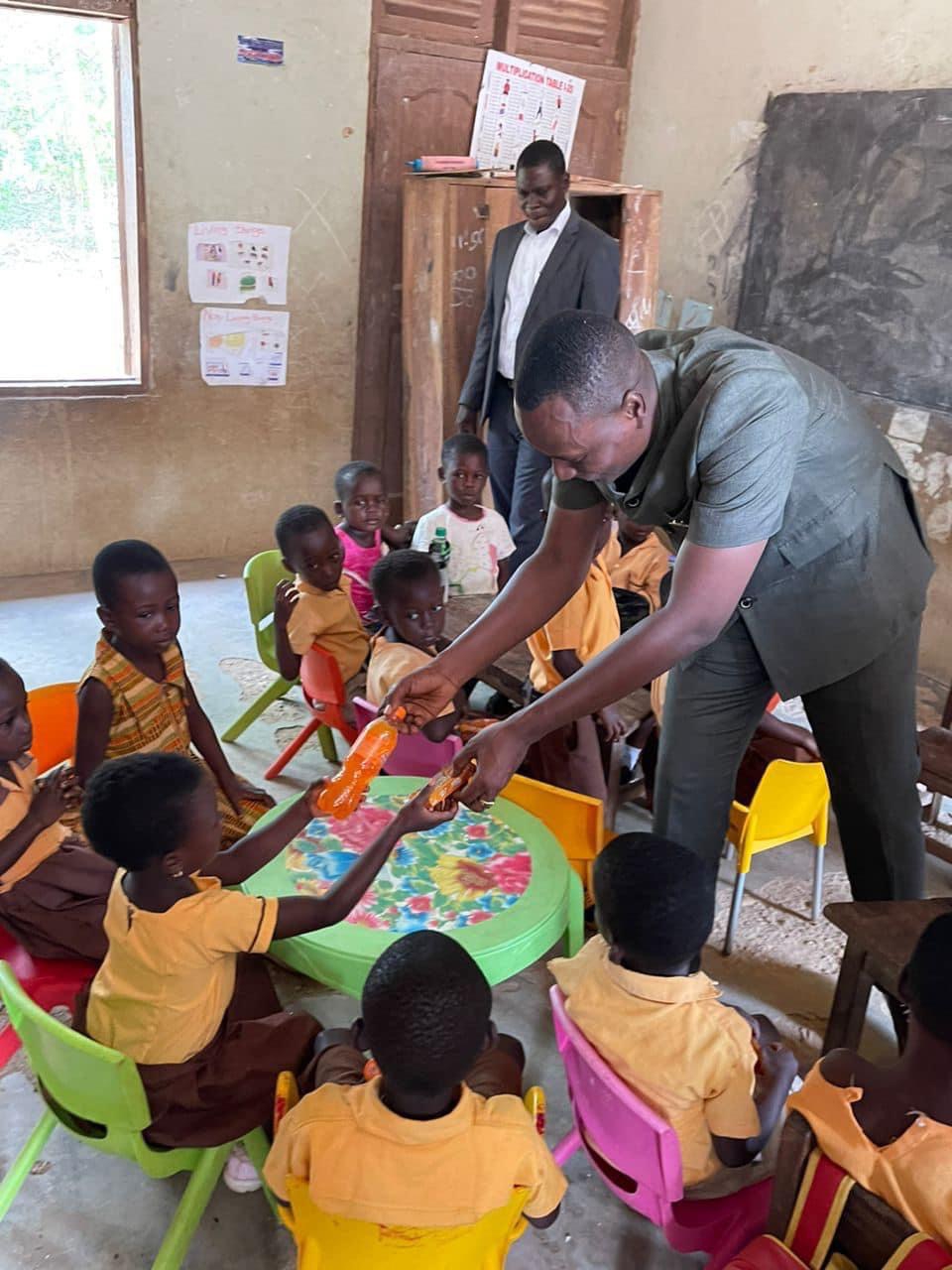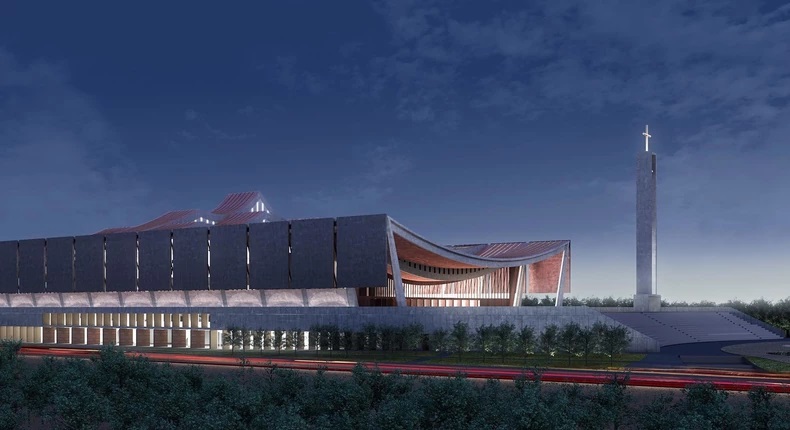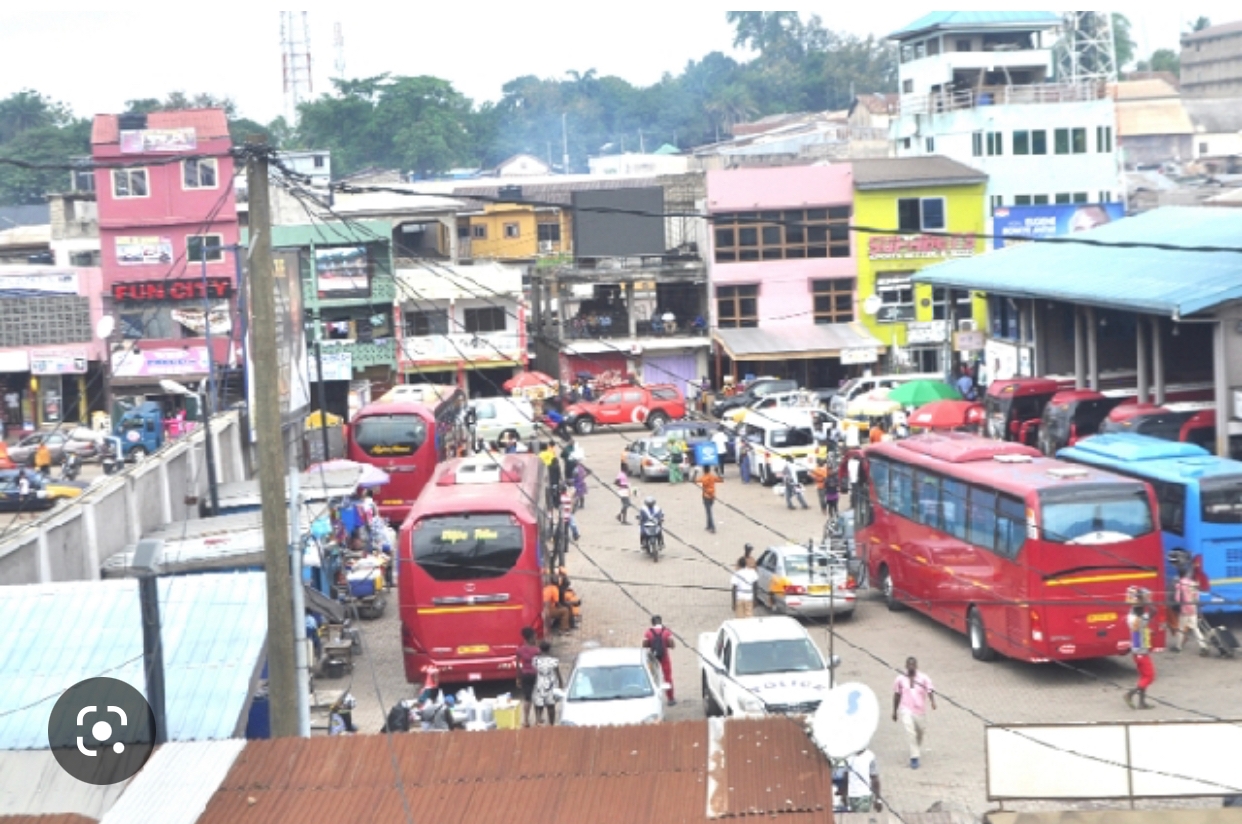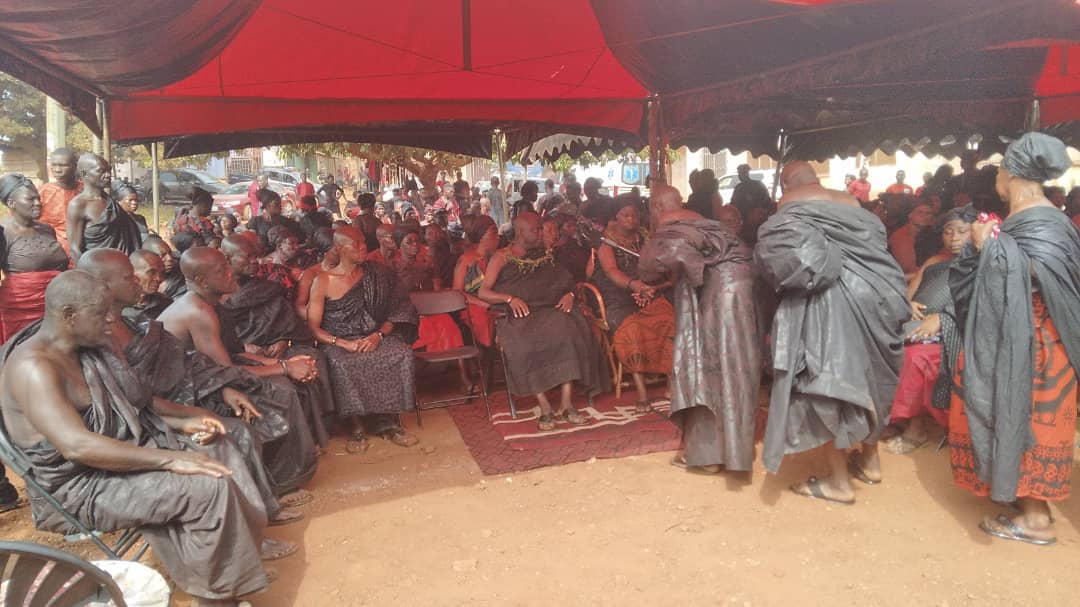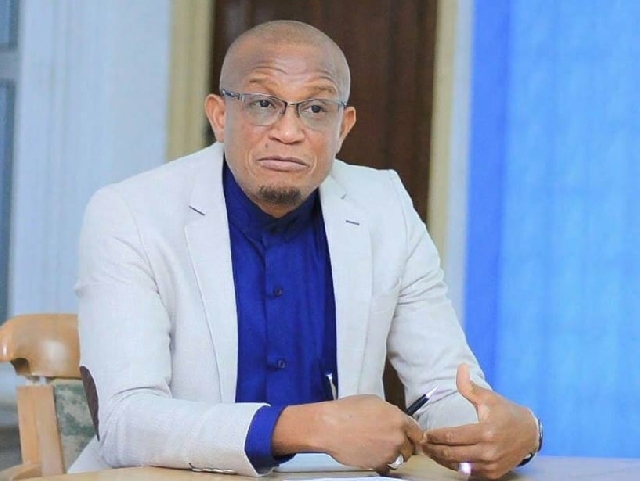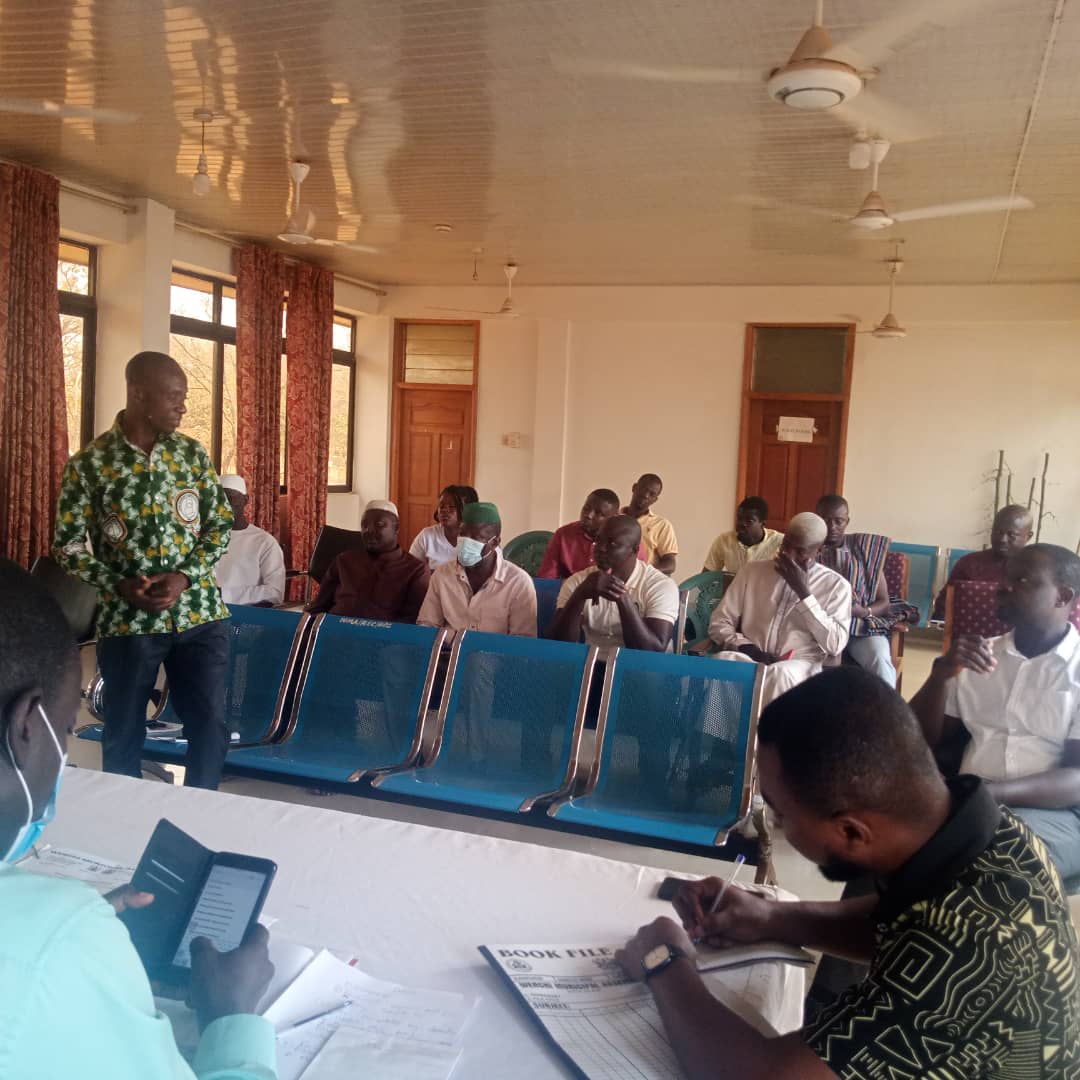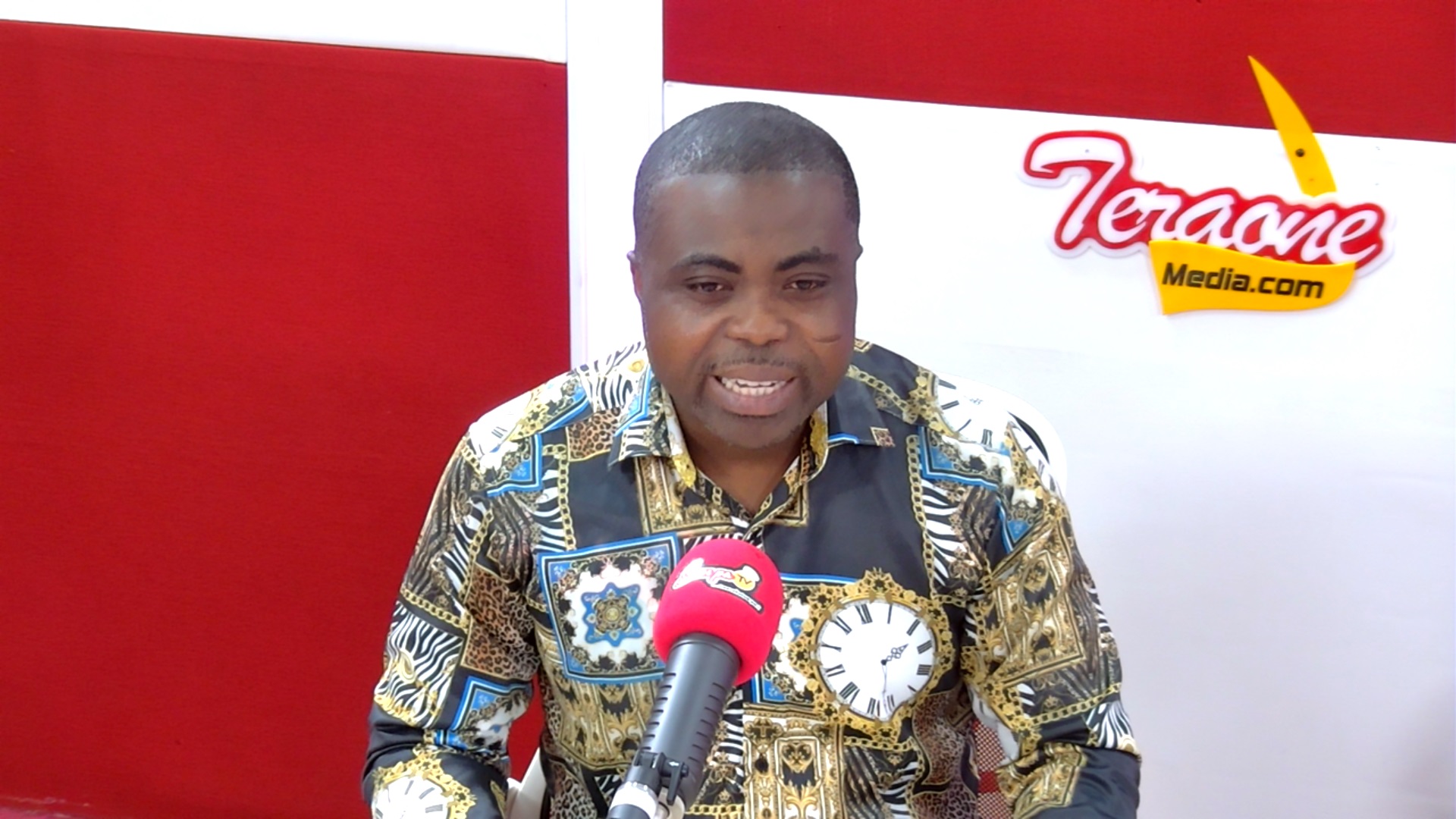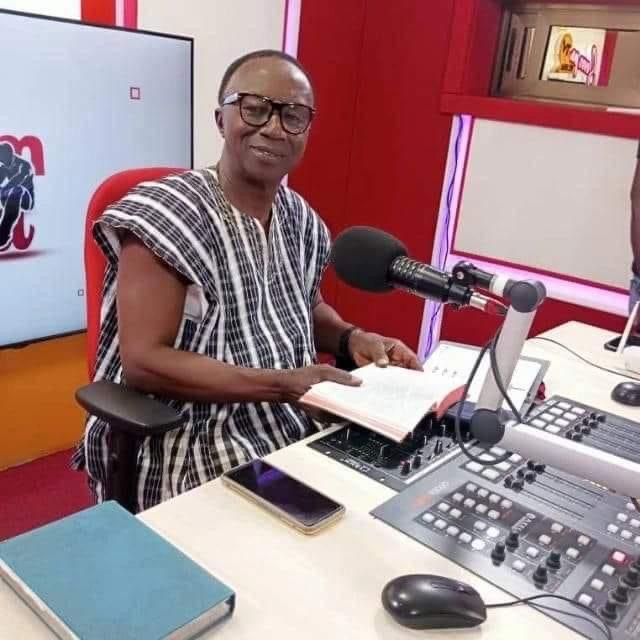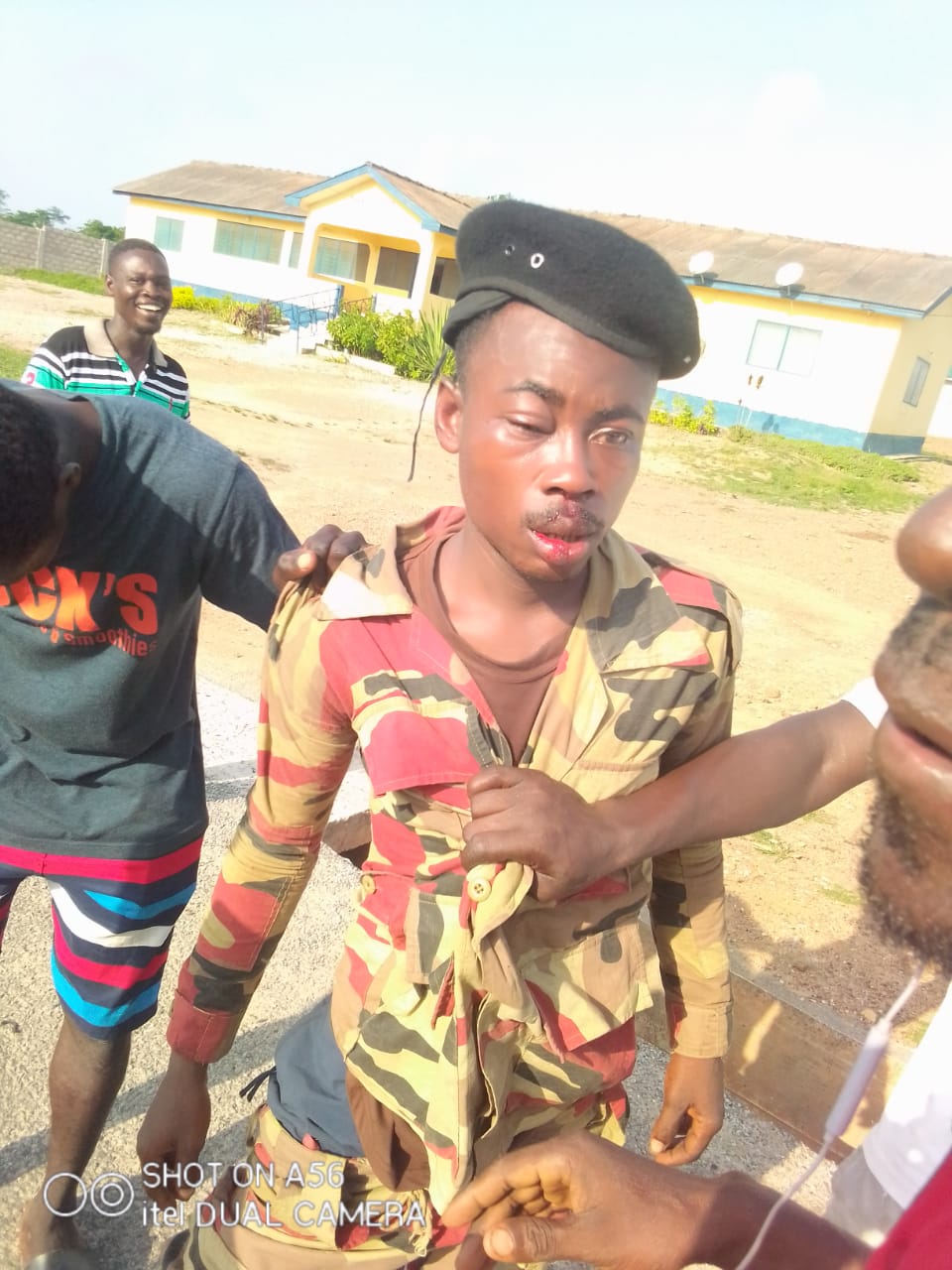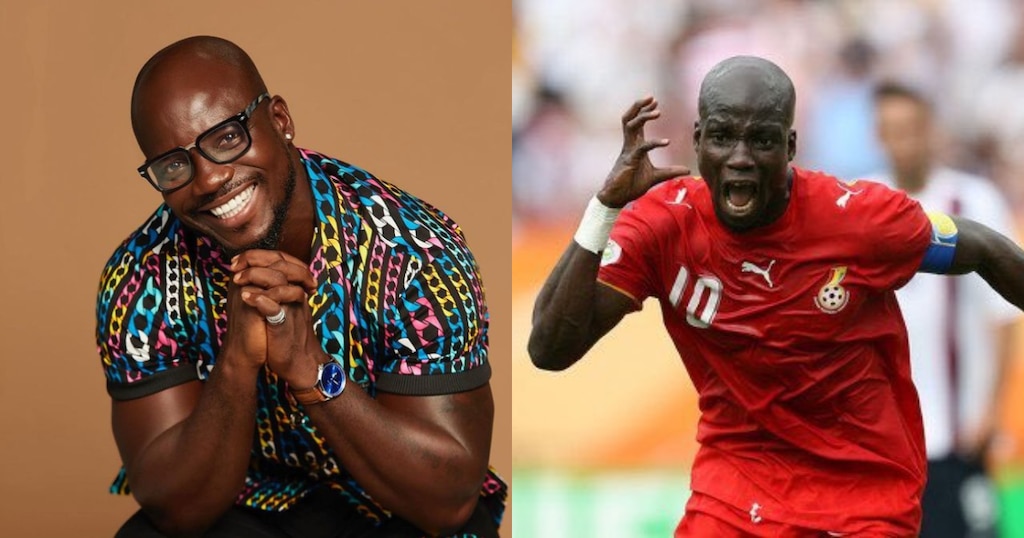News
President Akufo-Addo has intervened in the dismissal of the eight female students at China Senior High School.
A statement from the Education Ministry on Friday January 13 revealed that the President made the move after his attention was drawn to it.
Accordingly, the Minister for Education, Dr Yaw Osei Adutwum has directed Ghana Education Service (GES) to revise its decision, the statement said.
On Thursday, the GES dismissed the eight students in the Upper East Region for allegedly insulting President Akufo-Addo.
Confirming the statement in an interview with Nana Kwame Owusu Nkwantabisa, host of Ade Akye Abiaa show on Sompa 98.9FM in Sunyani, the Public Relations Officer of the Ministry of Education Mr Kwasi Kwarteng said the President intervention have been communicated to the Ghana Education Service and they are expected to act accordingly.
Prior to the dismissal, the students had been on suspension.
The GES says its investigation into the incident confirmed that the students used unsavoury language against the President in a viral video.
It thus described the actions of the students as “very undesirable, and contrary to the acceptable standards of the conduct generally required of any student in Ghana’s educational system”.
Prior to the dismissal of the students, the GES had earlier apologised to the President over the said conduct.
But the news of their dismissal generated a lot of reactions, with many people expressing mixed feelings about the development.
While some berated the GES, others praise the regulatory body.
According to the critics, the decision is simply untenable.
Source: Ghana/Sompaonline.com/98.9FM
- B/R: Fire razes to the ground 14-bed apartment at Odomase
- Education Minister directs universities to reduce fees to meet the 15% threshold set by parliament.
- Farming communities in Breman Assikuma reached for bushfire education
- Residents commend Deputy Attorney-General for his support
- Akonta Mining not engaged in any illegal mining anywhere in Ghana as we speak - Prez Akufo-Addo
- Let's deepen relationship between church and state– President Akuffo Addo
- Vehicle Registration peaks at DVLA office in Sunyani
- Dormaa Circuit Court fines galamseyer GHC120,000 for illegal mining
- Sunyani Krontire Royal Family initiates legal action for the destoolment of Krontirehene
- University of Ghana Fees - Nugs exposes inconsistencies
Popular News
Sompa Online
 Sompaonline.com offers its reading audience with a comprehensive online source for up-to-the-minute news about politics, business, entertainment and other issues in Ghana
Sompaonline.com offers its reading audience with a comprehensive online source for up-to-the-minute news about politics, business, entertainment and other issues in Ghana
About Us
Teraone Media
Sompa Fm
Sompa Tv
Write for Us
Advertise
Contact Us
Terms & Condition
Terms
Privacy
Advertisement
Cookies Policy
Contact Us
Search





